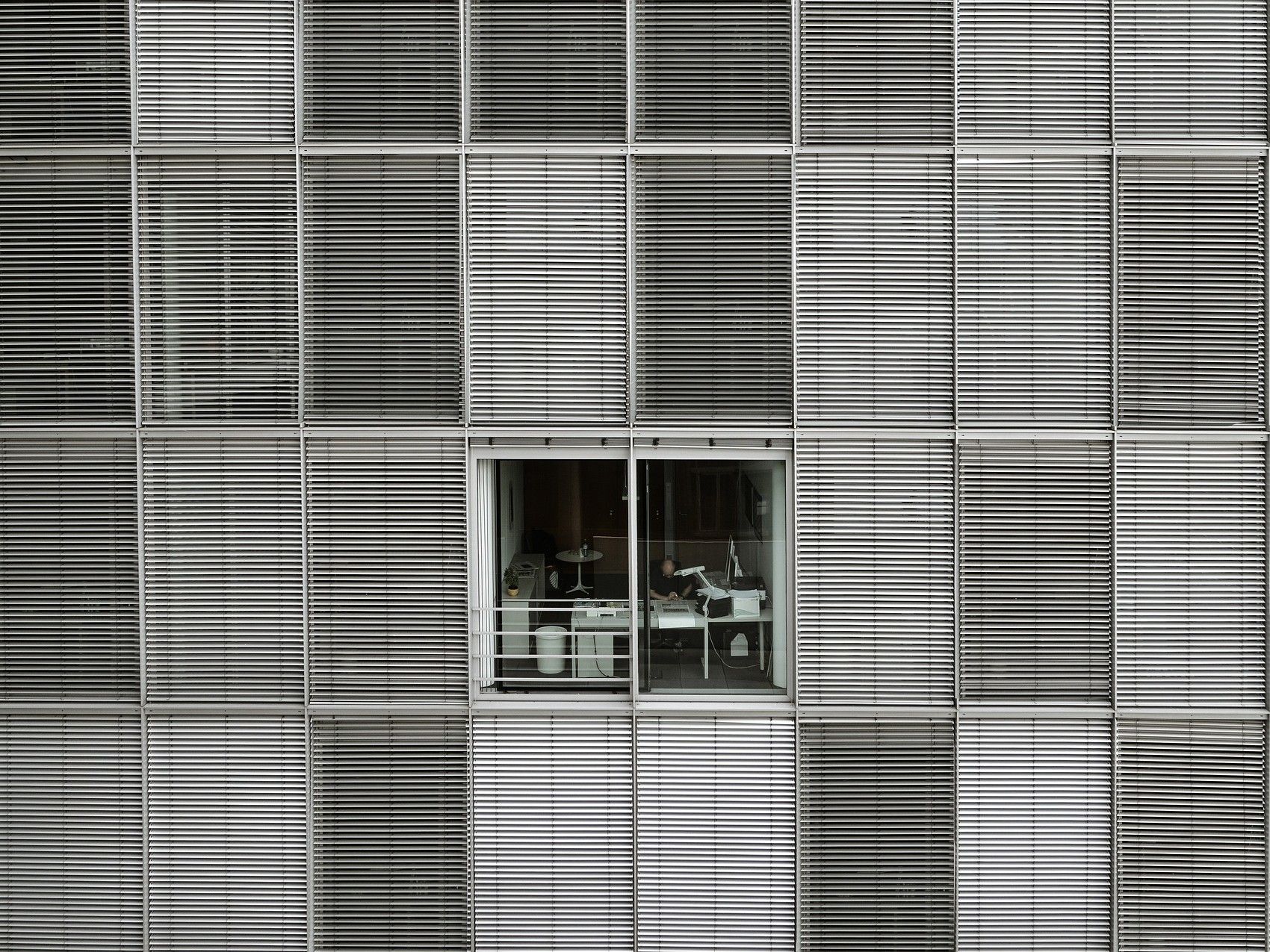
Architectural Design News: RIBA Cracks Down On Unpaid Overtime
There have been several high-profile news stories over the past couple of years, where whistle-blowers have lifted the lid on so-called ‘crunch culture’ within the world of video game development. The premise is as easy to understand as it is uncomfortable to digest; it revolves around employees being expected to work huge quantities of unpaid overtime as a matter of course, usually also to the detriment of both their mental and physical health. Whilst the term ‘crunch culture’ might be relatively new, however, the concept isn’t. The architectural world has long been complicit in this demanding workplace culture, especially amongst younger practitioners and students. Now, though, it seems like the industry is finally clamping down on the problem. As an architectural design firm, Munday + Cramer has always been particularly keen on ushering in the new generation of architects and technicians. This news was of particular interest, therefore, and here, we break it down in detail.
The Issues
First, it’s worth unpacking the main issues as have been highlighted within the open letter written to RIBA’s Senior Management team by architectural design assistants all over the UK – the letter had over 850 signatories as well as a plethora of anonymous accounts which detailed the – what is increasingly becoming clear to be institutionalised – overworking and exploitation of students, graduates, architectural design assistants and architectural technicians.
The architecture industry has long fostered (whether wittingly or unwittingly) a narrative in which junior practice members feel they have to take on extra workloads (most often in the form of unpaid overtime) because they feel lucky to have been afforded the opportunity to work in practice, in the first place, and so don’t want to do anything which might somehow – in their heads, at least – jeopardise their chance at their practice.
Within the letter is a survey carried out by the letter’s organisers, in which over 150 architectural assistants and junior staff were surveyed about their experiences within practice. The key findings of this survey are listed below:
- Over 95% of respondents said they didn’t feel properly supported by RIBA.
- Almost 90% of people surveyed said they’d worked unpaid overtime.
- Nearly three-quarters of respondents felt that their employer had at some point exploited them, in practice.
Alongside the survey, some anonymous accounts were gathered, in which a variety of issues were highlighted, from working conditions contributing to poor mental health all the way through to consistently low salaries. Quotes such as “it had a debilitating effect on my mental health”, “I know many architecture assistants working for far less than RIBA salary guidelines” and “I worked over 200 hours of unpaid overtime … I was also not in a position then to say no – it may have jeopardised my employment.“ are unsettling enough in and of themselves; what’s worse, though, is that these were far from being isolated comments – the letter contains page upon page of similar experiences. Clearly, then, there needs to be an industry-wide change and that can only come with the help of bodies like RIBA, themselves. What, then, has RIBA had to say on the issue?
Action By RIBA
The industry body recently announced that it was looking to ban unpaid overtime entirely at all chartered practices. RIBA – which contains over 28,000 members – hopes that this move might be enough to start enacting cultural change across a profession that’s increasingly at risk of turning the younger generation from entering (or remaining within) the profession. The announcement has seen widespread approval from across the industry. Questions remain, though, as to whether such pressure will eradicate the problem, or simply shift it elsewhere.
What Next?
It’s thought that many of these exploitative practices tend to occur in the bigger, more corporate practices and that might itself cause an issue. For all the benefits of chartered status, industry commentators have wondered whether will weigh up the value of being a chartered practice with having restrictions placed upon their working practice, and prompt for the latter in order to continue with the kinds of workloads they’ve been able to manage previously thanks to such intense overtime practises.
There are even those who actively disagree with RIBA’s plans, the letter’s findings and the very idea that there’s a ‘culture of exploitation’, viewing practises like unpaid overtime during the early stage of a career as something of a rite of passage, and far from abnormal. These views, though, are thought to be the exception and not necessarily the rule.
Contact Us
As a practice, we’re keen on fostering the next generation of architectural and surveying professionals, but to do so in a way that’s both ethical and sustainable. Our graduate employees are some of our brightest sparks and should be treated accordingly! So, if you’d like to find out more about our architectural design services, then get in touch! Contact Munday + Cramer today on 01245 326 200 or by emailing us at info@mcessex.co.uk. We look forward to hearing from you.
Architectural Design, Architectural design in Essex, Architectural design in Kent, Architectural design in London, RIBA, RIBA qualified architects
